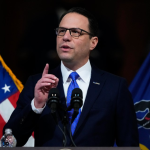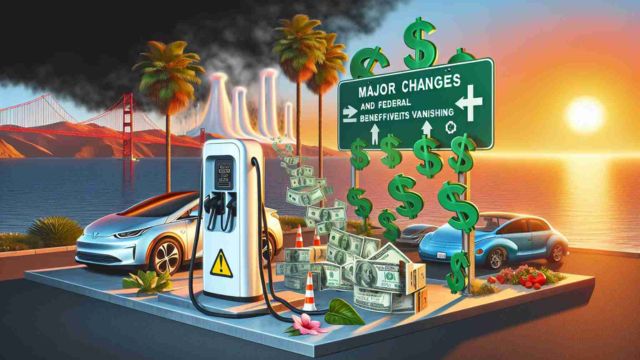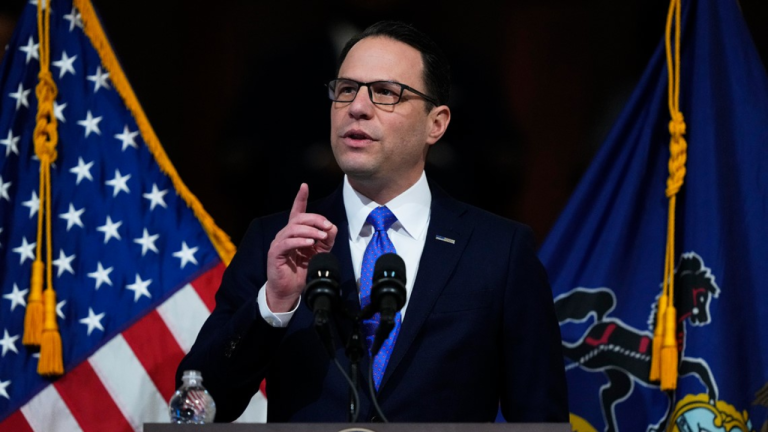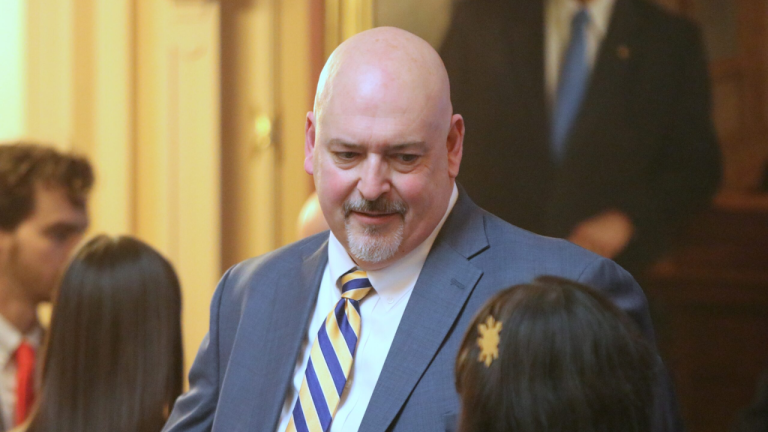California and the federal government have introduced major changes to electric vehicle (EV) policies, creating uncertainty for consumers and manufacturers at a critical time for clean energy adoption. These developments include the elimination of California’s state rebate for EV purchases and the removal of the federal $7,500 tax credit, measures that have long incentivized EV adoption in the U.S.
California Ends $2,000 EV Rebate
California, a leader in clean energy initiatives, has suspended its $2,000 state rebate for EV buyers, citing budgetary constraints and program inefficiencies. The rebate was instrumental in lowering the upfront cost of EVs, making them more accessible to middle-class and low-income consumers.
This decision comes as a blow to the EV market, especially in a state that accounts for 40% of national EV sales. Automakers fear a decline in sales, while environmental advocates argue that the move jeopardizes California’s ambitious climate goals, including a ban on the sale of new gas-powered vehicles by 2035.
In response, California officials have promised to explore new, targeted programs to promote EV adoption. Potential initiatives include focusing on low-income consumers and areas with high pollution rates. However, these ideas are still in the planning stages, leaving a gap in incentives for current EV buyers.
Federal $7,500 Tax Credit Discontinued
On a national scale, the Trump administration eliminated the $7,500 federal tax credit, a key program that made EVs more affordable for American consumers. The credit, which played a significant role in driving EV adoption, was particularly helpful in offsetting the higher costs of electric vehicles compared to internal combustion engine cars.
The decision has sparked widespread criticism from environmental activists, automakers, and consumers. They warn that the absence of federal incentives could slow progress toward the transition to sustainable transportation and impact smaller EV manufacturers that relied on the credit to compete with larger automakers.
Critics also point out that these policy changes could undermine the U.S.’s ability to meet international climate goals. In contrast, opponents of the tax credit argue that it disproportionately benefited high-income households, excluding many low-income consumers who could not afford EVs even with the subsidy.
The Road Ahead
The removal of state and federal incentives poses significant challenges for the U.S. EV market. States are now considering regional programs to fill the void left by the federal credit, but their success will depend on political support and funding.
Despite these hurdles, EV manufacturers and environmental groups remain committed to advancing clean energy. However, balancing climate objectives with consumer affordability will require thoughtful, inclusive policies.
For now, the EV market faces an uncertain future, with both potential setbacks and opportunities for innovation as policymakers reassess their approaches to incentivizing sustainable transportation.























+ There are no comments
Add yours